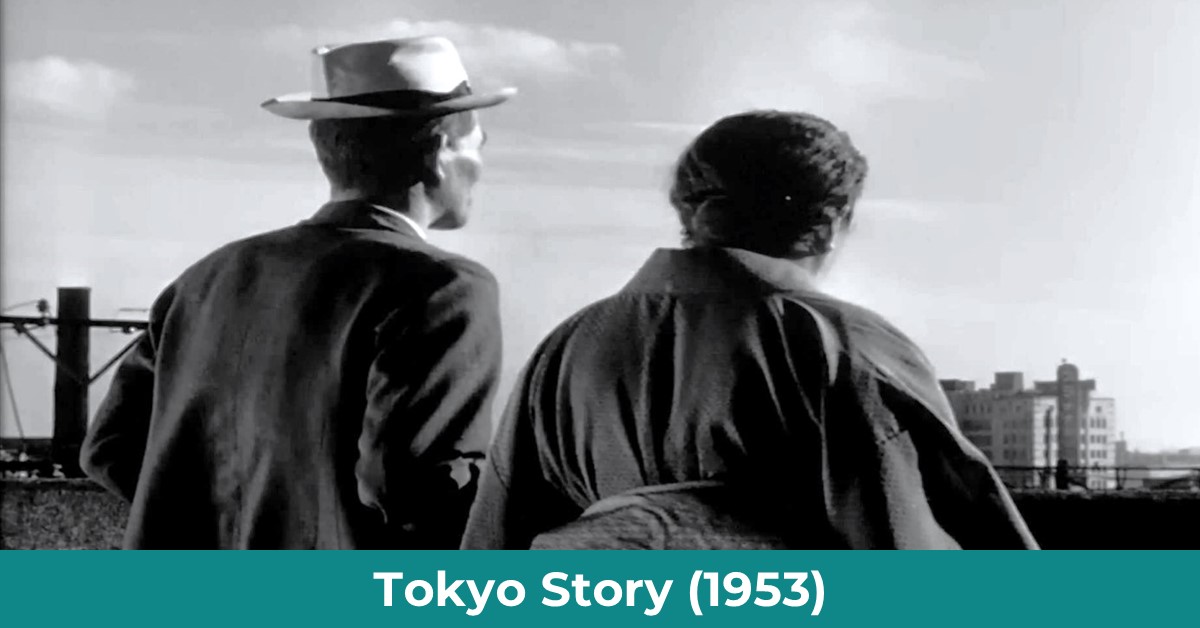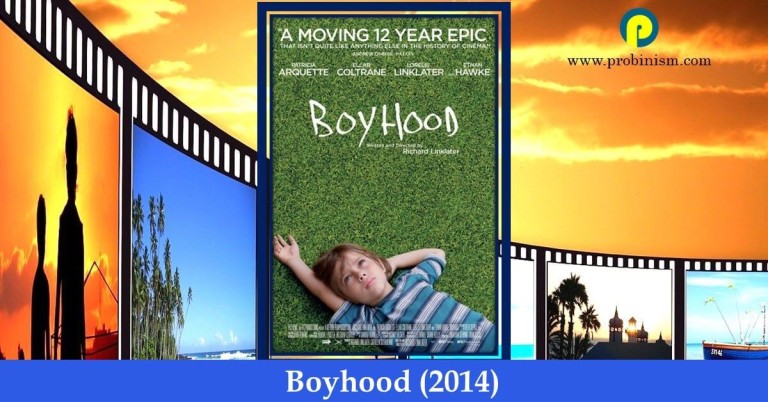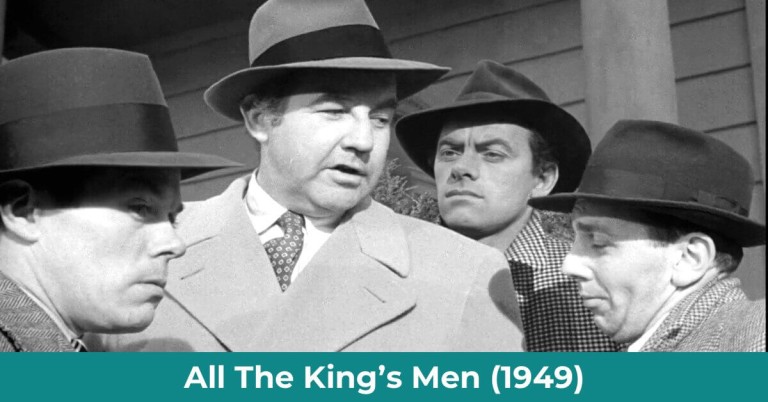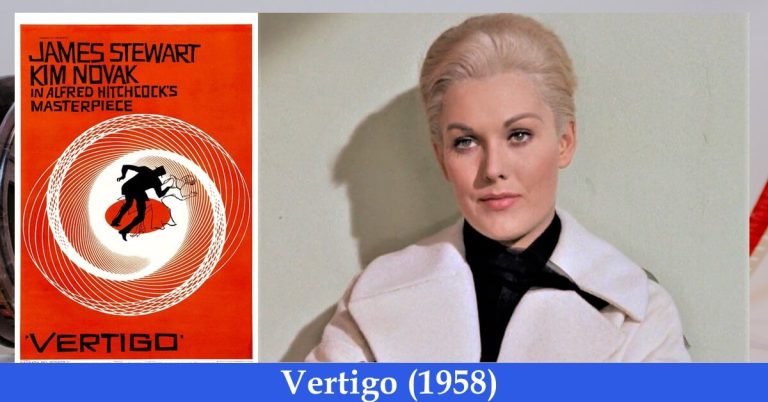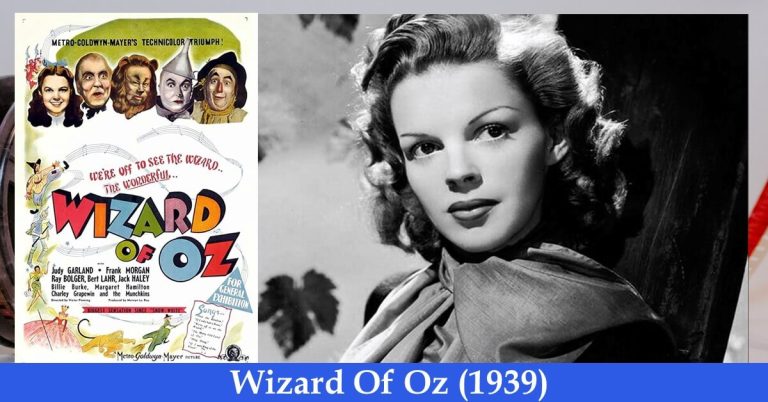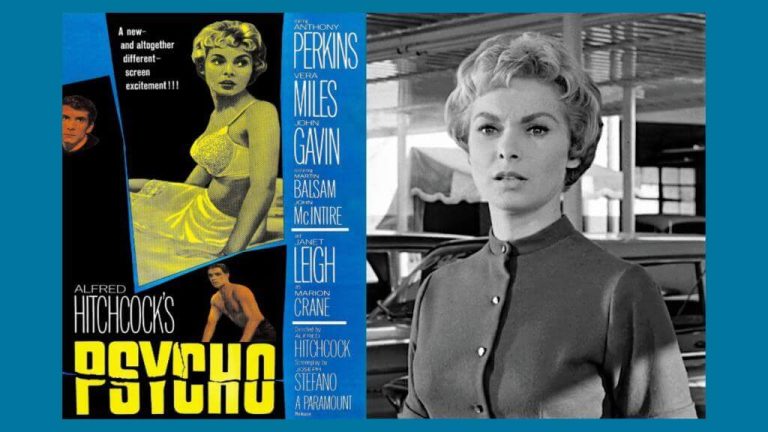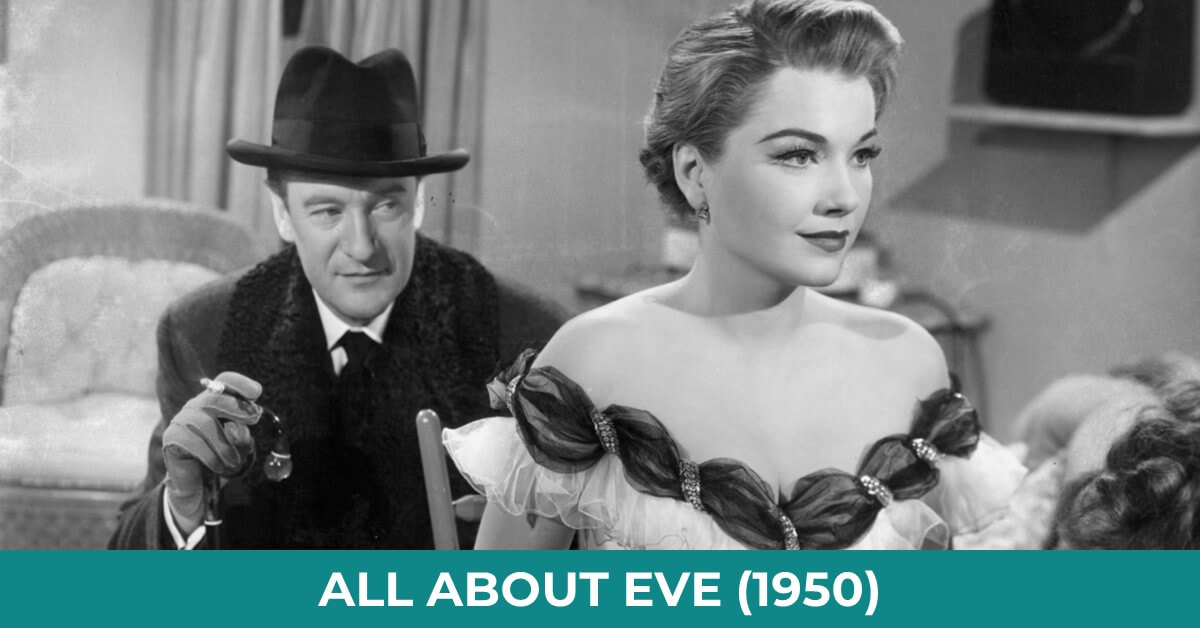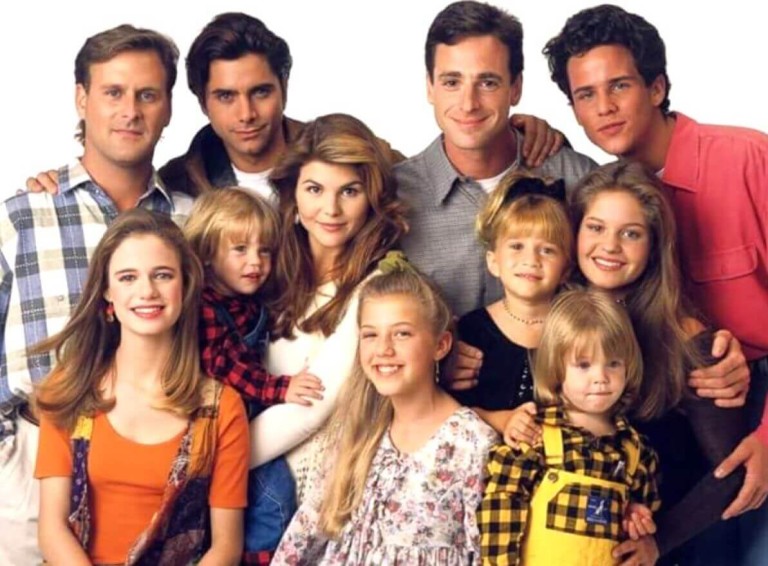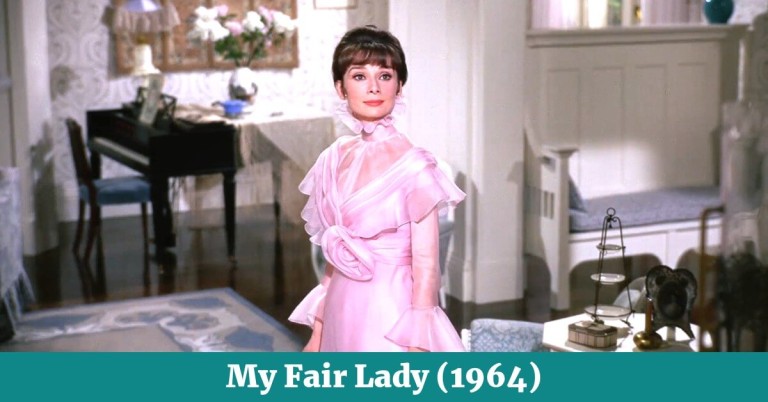Last updated on September 23rd, 2023 at 07:49 pm
The Tokyo Story movie, released in 1953 and directed by Yasujirō Ozu, stands as a prophetic masterpiece that delves deep into the subtle yet profound issues of social degradation. Set in post-war Japan, the film follows an elderly couple, Shukichi and Tomi, as they embark on a journey from their rural hometown to Tokyo to visit their grown children.
With delicate storytelling and remarkable insight, Tokyo Story captures the alienation, indifference, and disconnection experienced by the older generation in a rapidly modernizing Japanese society.
The film presents the erosion of traditional values and the diminishing sense of familial ties in an ever-evolving world. The film is starred by Setsuko Hara as Noriko, Chieko Higashiyama as Tomi, Chishū Ryū and others. Directed by Yasujiro Ozu, the drama film Tokyo Story 1953 was set after WWII that depicts the dilemma of an elderly couple who lived with their youngest daughter in the coastal village of Onomichi, and went to Tokyo and Osaka to visit their sons and daughter who were too busy with their lives to entertain them.
The couple decided to pay a visit to their children as they had not seen them for some considerable time. However, rather than be made welcome, they are confronted by indifference, ingratitude and selfishness as the children become indecisive about hosting them. Because all of their children were busy with mundane work. In contrast, it is their widowed daughter-in-law who treats them with kindness. Tokyo Story-1953 is one of the greatest films in the history of cinema that any cinema lover can easily keep on their list.
Tokyo Story Movie Summary
One day the couple decided to pay a visit to their children who live in Tokyo and Osaka. Leaving their youngest school-teacher daughter Kyoko behind at home they started their journey by train. Their eldest son, Koichi, a local practitioner, and the eldest daughter Shige Kaneko fetched them from the station to the former’s house.
Even though their daughter-in-law welcomed them, the two grandsons were seen to be reluctant to meet their grandparents but their aunt tried to introduce them to their grandparents which hesitantly they did. Later their second son, Shoji’s wife, Noriko, joined them at Koichi’s home. Noriko is a young widow whose husband died during WWII and remained single since.
United with Noriko, Tomi told her that being in Tokyo is like a dream that she always thought it to be too far from her home. Their conversation was interrupted by Shige Kaneko, married, who runs a business of beauty-salon, and jokingly told her mother that she has become taller and recalled that her mother was so fat that she broke a chair in her school. They have all engaged in a conversation relating to the village home and their neighbours. And Koichi agreed to show them around the next day. Noriko and Shige Kaneko left.
Shige Kaneko’s husband wished to call the couple and show them around, but only to be interrupted by her. She instead advised him not to bother while they themselves will show up there in their residence anyway and assured him that Koichi is taking them for sightseeing.
As Shukichi and Tomi prepared themselves for a visit outside with their son Koichi and two grandsons, a man appeared at their door telling him that his patient’s condition is not any better yet. Feeling urgency, Koichi left home to attend to the patient immediately informing his parents that he must see the patient. Fumiko, Koichi’s wife wanted to know if she can take them out. Koichi warned her that she must not leave the house unoccupied, and can go next Sunday, instead.
Fumiko wanted to apologise for the unexpected situation to the disheartened couple, but Shukichi reassures Fumiko saying that “a busy doctor is a good doctor”. Tomi took her younger grandson outside.
After a few days, they went to their eldest daughter Shige Kaneko’s residence. Returning from outside her husband brought some sweets for the elderly couple. Shige found the sweet to be expensive as she tried, and told her husband that ‘such thing is waste on them’ and said that the rice crackers would have been better for them.
This time she wanted to know is he can take them out the next day, but Kurazō Kaneko said he had accounts to collect on the day. Even though Kurazō Kaneko had a serving attitude toward his in-laws, he could not show that because of his wife’s objections.
Once they are off to the bathhouse, Shige telephoned Noriko to ask if she can take a day off from her work so she can take her parents for sightseeing, which she agrees to do. The next day Noriko took them to Tokyo city and showed them around the city’s beautiful places. After showing them around, Noriko took them to her residence. She served them, fed them and took care of them sincerely.
Shige and Koichi were seen to be waiting on their return at her place that day. Shige suggested him to put out 30,000 Yen so they could send the elderlies to a hot spring because they themselves are too busy to show (shepherd) them around.
They both agreed to do so in order to make them happy and figured out that sending the old folks to Atami Spa for 30,000 yen would be much cheaper for both of them than showing them around. Shige stated that they could do nothing for them there.
The next day they were sent to the spa. After having spent some time in the noisy spa the couple took a walk along the beach. Shukichi said that the ‘beach is a place for the younger generations’. There they decided to end their journey to head home. All of sudden Tomi fell on her knees on the shore of the sea because of a sudden strike of dizziness.
To Shige’s surprise, the elderlies showed up in her parlour which she did not expect at all. She wondered why they had returned so soon. When asked by a client about them, Shige said ‘Just some friends from the country’. They expressed their plan to back home to Shige. They did not accept her offer of sending them to Kabuki theatre, later.
Shige told them that there is a meeting for which it’s her turn to host, that’s why she wanted them to stay a little longer in Atami. The news came as a shocking surprise to the elderlies putting them in turmoil. Unprepared, they were trying to manoeuvre a plan to overcome the dilemma. They did not want to bother Koichi by going to his house again.
Nor they wanted to go to Noriko as she did not have enough space for both of them. Therefore, they decided to splint: Tomi to Noriko and Shukichi to his childhood friend Hattori’s house. Shukichi exclaimed, “We have become homeless at last!”.
The two elderly beings found themselves homeless, hopeless and careless. They headed to two different paths. Shukichi found his friend Hattori, a professional ascribe, and Tomi found her way to Noriko’s place again.
Hattori proposes the idea of a drink for old-time sake. With another old friend, Numata, they ended up in a bar and got drunk. Hattori revealed that he lost both of his sons in the war. Shukichi said he lost his second, too.
Numata said that “it’s hard to lose one’s children but, however, living with them is not always easy, either. It’s a real dilemma”. They all thought everyone is happy in ones’ own way. Shukichi found out that Numata also is not happy with his son, who has turned out to be a henpeck and considers him as an intruder.
Shukichi realised that Numata lied to his friends about his son’s official position while the former said that he thought his son was a big doctor until he found out that he is actually a neighbourhood physician.
He said he is also dissatisfied with his children like Numata. But he still believes that we must not expect too much from our children. He revealed to Numata how much his son had been changed and there is nothing that he can do about it.
Tomi was taken good care of by her daughter-in-law, Noriko. Even after eight years of her husband’s death, Noriko still keeps a photograph of him. Considering Noriko’s young age, Tomi suggested that she should feel free to get married if she meets anyone. Noriko replied she would certainly do so if she met someone. After the conversation, they both laid down. With watery eyes, Noriko looked broken.
It’s hard to lose one’s children. However, living with them isn’t always easy, either. A real dilemma.
Tokyo Story film quotes
On the same night, while Shige has already fallen asleep, a policeman knocked her door. He brought her drunk father and Numata to her disappointment.
In the morning as Tomi was being prepared to leave, Noriko humbly offered her some expenses which made her uneasy. Noriko insisted that she must keep it, and told her that she must visit her next time as she comes to Tokyo. The act of kindness touched Tomi heavily.
After that, Noriko took her to the train station where Shukichi was already waiting to leave for home with Koichi and Shige. Koichi assures them that Keizo, their third son, will meet them in Osaka.
Unexpectedly, they had to get off the train because of Tomi’s sudden illness. At Keizo’s home, they retrospect how much their children have changed in just ten years of time. They were sad to be treated unusually by their first daughter Shige. Shukichi thinks daughters become strangers when they are married.
Tomi also realised how Koichi had been changed as well. Nevertheless, Shukichi’s consolation is that ‘children never live up to their parent’s expectations. Let’s just be happy that they are better than most, better than average. After a few days of stay, they had another train to Onomichi.
A few days later Shige and Koichi received telegrams from Onomichi, regarding Tomi’s illness. Later that night they took the express and headed for Onomichi hurriedly. Shige thought it’s better to take mourning clothes along, in case anything bad happenes.
They found their mother laid down on the floor as they had reached. The physician said her blood pressure dropped and she is in a coma. Koichi examined his mother’s condition and concluded and revealed to his father and Shige that she may live till the morning. Sadly, at 68 Tomi’s end came before the arrival of Keizo and Noriko.
After the funeral on the table during lunch at Shukichi’s absence, Shige declared ‘I rather wish father had died first. If Kyoko gets married, he will be left all alone.’ That night Koichi, Shige and Keizo rushed back to the cities with different excuses.
Noriko stayed a couple of days more taking care of Kyoko and Shukichi. Kyoko told Noriko that she wished her brothers and sister would stay a little longer. They are just selfish leaving like that. Only think of themselves and inconsiderate’.
But Noriko reasoned that she cannot blame them, because they have their own work. She told that she once thought the same way when she was of her age. “As children grew older, they drift away from their parents. A woman has her own life, apart from her parents. They have their own lives to look after” remarked Noriko.
Life is disappointing.
Tokyo Story film quotes
Kyoko said she does not want to be like them, otherwise, what’s the point of being a part of a family. Noriko replied that she is right, but still, it happens gradually or eventually. Young Kyoko then wondered “ISN’T LIFE DISAPPOINTING”? “Yes, nothing but disappointing”, said Noriko. One afternoon, Noriko told Shukichi that she is leaving.
Shukichi too advised her to get married if she met someone, and she must not go on like this with the memory of his son Shoji. “I am not always thinking of your late son, as you may think I am. Often, there are days when I don’t think of him at all. Sometimes, I feel I can’t go on like this forever. Often, I lay awake at night wondering what will become of me if I remain alone. Days pass and nothing happens and I feel so alone.
In my heart, I seem to be waiting for something. I am just being selfish. I could not say this to mother”, revealed Noriko. But he still believes that she is an honest woman. He gave Tomi’s watch away to her.
Shukichi lamented, “it’s strange, yet you have done the most for us, and you are not even a blood relative. Thank you”. As Noriko starts her journey by the train, Kyoko gazes from the window the going of the train through the neighbourhood. All alone, hopeless, forlorn, uncared for and in nothingness Shukichi discovered his emptiness as he stared at the moving trawler, the busy river and the calm houses in the neighbourhood. Life goes on.
Tokyo Story film quotes
“Being in Tokyo is like a dream”.
“A busy doctor’s a good doctor”.
It’s hard to lose one’s children. However, living with them isn’t always easy, either. A real dilemma”.
“I’m afraid we expect too much of our children. They lack spirit and they lack ambition”. “One cannot serve one’s parents beyond the grave”
Conclusive remark
I have never felt so broken, helpless and empty in my life except for this time of watching Tokyo Story-1953. Sometimes I felt like Shukichi was actually me, or sometimes I thought I was one of the drifted-away children of the elderly couple. Sometimes, I felt like life indeed is a disappointing and cruel journey, a journey that expected nothing but the chances of survival.
A relationship is a strange thing driven nothing but by interests. No matter what we achieve, gain or are fortunate for, at end of the day we are fated to be alone, within and with ourselves.
Relationships or people whom we call ‘our own’ may not come to our rescue. They are the ones to desert and deject us first. The future of family relational status was predicted in Tokyo Story-1953 seven-plus decades ago. What we are witnessing now few human beings in the like of Noriko, who went the extra mile for the elderly.
Being farthest in the relationship, she did the closest and most of all. As for the rest, they seem to realise they are a burden to them and simply try to smooth things over as best they can.
Those brought up on the energetic diet of American cinema may find it hard to appreciate the quietist art of the great Japanese director Yasujiro Ozu. He has been called the poet of family life, capable of taking the seemingly trivial and making great drama of it.
Nothing was too small to be significant. Ozu steadfastly peers into the hearts and minds of his characters until we feel we know them intimately. His most famous film, and certainly one of his masterpieces, is Tokyo Story-1953.
I think Tokyo Story-1953 is a prediction for the future generation and their duty towards their parents. And in fact, the emergence of globalisation is so forceful that it has traded humanity with individualism, taken away our mutual sympathy. The more we are embraced by unfettered globalisation, the more we are getting away from our loved ones.
Never before our struggle for survival was so self-centred and individualistic. However, not only our survival over the weak has taken more precedence, but it has also become a luxurious event. Watching Tokyo Story-1953 may remind you of the concurrent cruel reality of that for which it has merited to be on the list of 101 top must-see films on my list.

